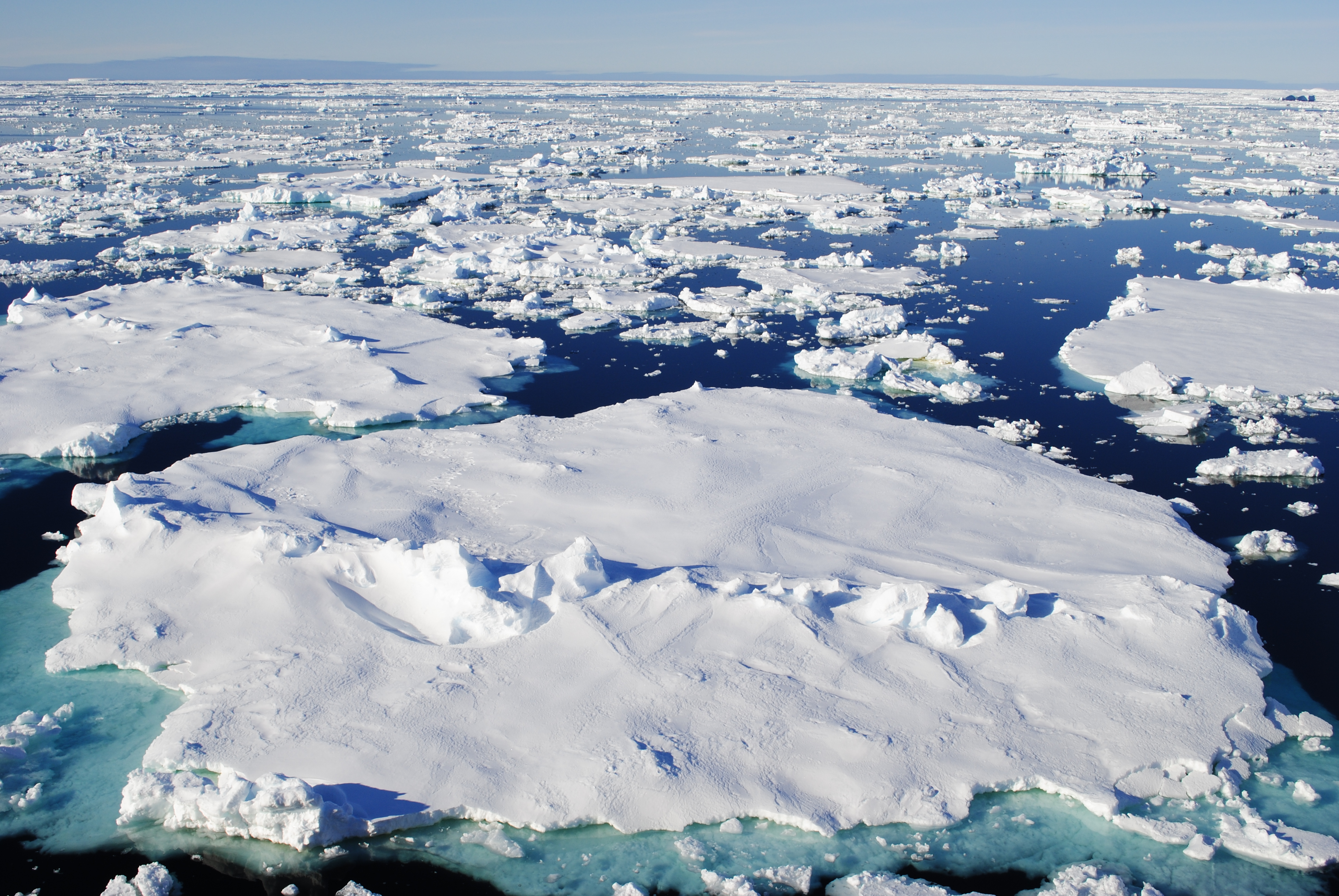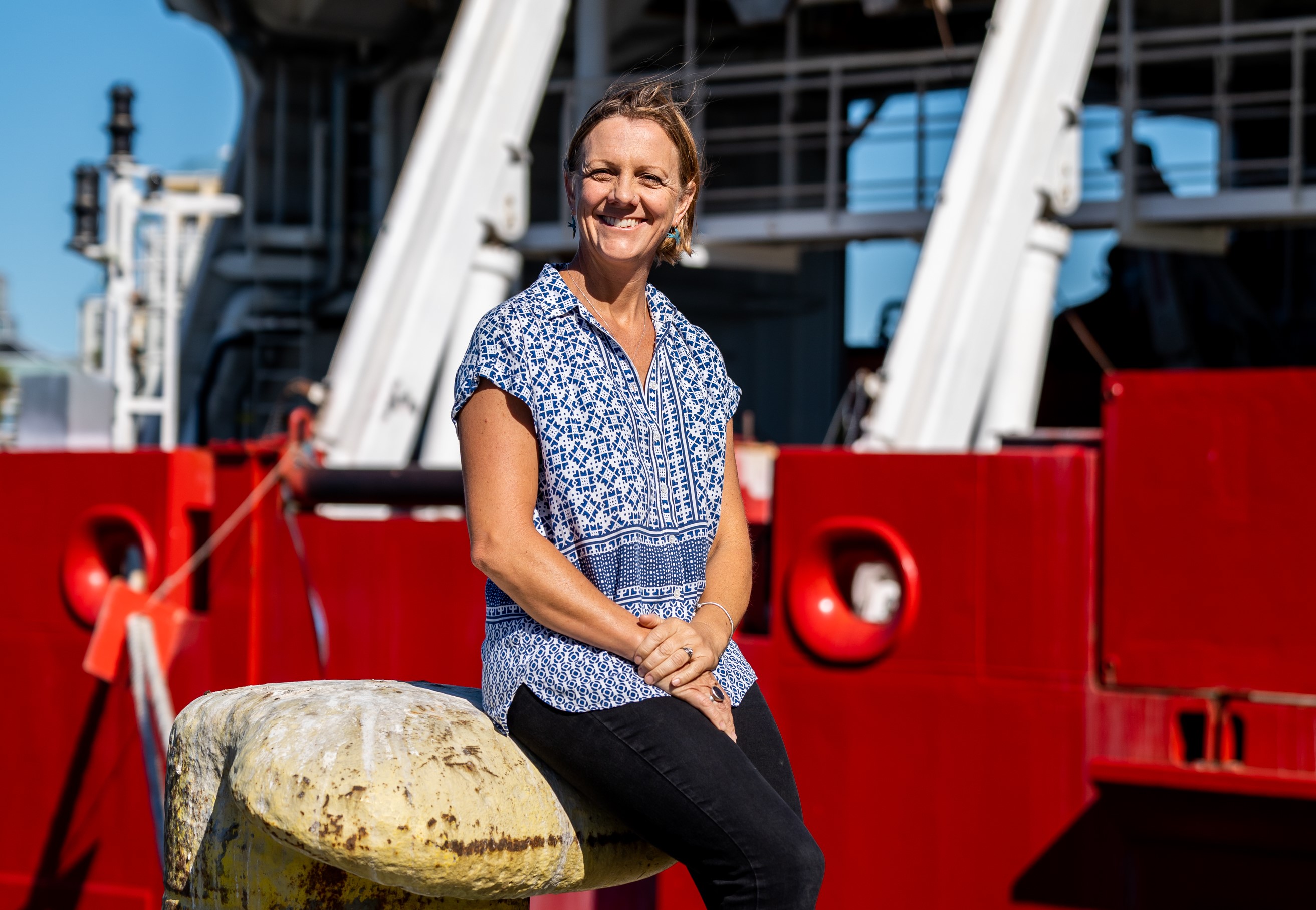CSIR contributes to chapter on Antarctica and Southern Ocean in the International annual review of the world’s climate
Chief researcher at the Council for Scientific and Industrial Research, Dr Sandy Thomalla, in collaboration with 14 contributing authors, led the Southern Ocean section of the chapter on Antarctica and the Southern Ocean. The State of the Climate Report is a peer-reviewed series published annually as a special supplement to the Bulletin of the American Meteorological Society.
The much-anticipated State of the Climate in 2023 report was released by the National Oceanic and Atmospheric Administration on 22 August 2024. Chief researcher at the Council for Scientific and Industrial Research, Dr Sandy Thomalla, in collaboration with 14 contributing authors, led the Southern Ocean section of the chapter on Antarctica and the Southern Ocean. The State of the Climate Report is a peer-reviewed series published annually as a special supplement to the Bulletin of the American Meteorological Society.
Thomalla and her collaborators assessed the 2023 anomalies (relative to climatology) in key physical and biological Southern Ocean metrics. Thomalla says the results for 2023 are intriguing, given the record-low sea ice coverage that has recently elicited wide media coverage and may reflect alterations in the underlying processes that determine the state of sea ice. This analysis revealed substantial ocean warming, with mostly positive anomalies evident in sea-surface temperatures, ocean heat content and air-sea heat flux. These changes may be exacerbated by the warm conditions of the 2023 El Niño, with evidence of impacts on the ocean’s biochemistry. These significant findings highlight the impact of changing atmospheric-ocean dynamics. These are of particular concern considering the central role that the Southern Ocean exerts in regulating the climate system, as it plays a key role in buffering the impacts of climate change by absorbing 50% of anthropogenic carbon dioxide and 75% of anthropogenic heat of the oceanic uptake.
The Antarctica and Southern Ocean chapter in the report consists of seven sections, with the involvement of 52 experts. Shining the spotlight on the Southern Ocean, Thomalla also contributed to the striking photo cover of the chapter that depicts freely moving ice in its waters during the summer of 2015. “I led the Southern Ocean section of the chapter on Antarctica and the Southern Ocean,” she notes, adding, “It has been a privilege to collaborate with international peers and experts working together to produce this important body of work that highlights the susceptibility of this critical ecosystem to change.”
Notable key points in the report disclose that in the Southern Ocean, sea surface temperatures and ocean heat content from the surface were both well above average in 2023, marking a continuation of the warming trend observed since 2005. Above-average annual temperatures were observed over most of Africa in 2023, while South Africa had its eighth-warmest year on record since 1951.
This edition of the report will be fully accessible for the first time. Its live launch is a result of the dedicated 592 international experts representing 59 countries and 25 editors. This 34th edition spans 497 pages and is filled with recent research findings on climate summaries and statistics. As a research publication, it also serves as an authoritative summary detailing the global climate, global oceans, the tropics, the Arctic, Antarctica, the Southern Ocean and regional climate conditions.
To access the full #StateofClimate2023 report, go to https://www.ncei.noaa.gov/news/reporting-state-climate-2023.

Dr Sandy Thomalla on board the SA Agulhas II during the
third Southern Ocean Seasonal Cycle Expedition (SOSCEx III).

-ENDS-
Issued by CSIR Strategic Communications
For more information, contact:
Phetolo Phatsibi, Media Relations Practitioner
Email: pphatsibi@csir.co.za
Tel: +27 0813968871
About the CSIR:
The CSIR, an entity of the Ministry of Higher Education, Science and Innovation, is one of the leading scientific and technology research, development and implementation organisations in Africa. Constituted by an Act of Parliament in 1945 as a science council, the CSIR undertakes directed and multidisciplinary research and technological innovation, as well as industrial and scientific development to improve the quality of life of all South Africans. For more information, visit www.csir.co.za
Follow us on social media:
Twitter: @CSIR. Facebook: CSIRSouthAfrica. Instagram: CSIRSouthAfrica. LinkedIn: Council for Scientific and Industrial Research (CSIR). YouTube: CSIRNewMedia


